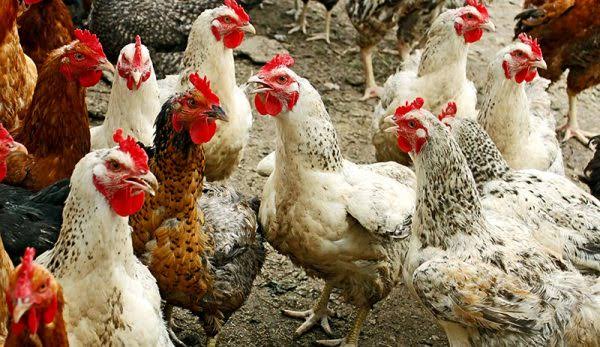

Salmonella can cause a serious and sometimes fatal infection in anyone with a weakened immune system, in young children and in frail or elderly people.
Healthy people infected with salmonella often experience fever, diarrhoea, nausea, vomiting and abdominal pain within 12 to 72 hours after eating contaminated product. The illness usually lasts four to seven days, but most people recover without treatment.
While the species of salmonella tend to vary from country to country, Salmonella typhimurium and S. enteritidis are the two most common. Despite global efforts to curb its spread, S. enteritidis infections have persisted, creating an ongoing challenge to the global health system.
It is important to manage an outbreak effectively and to minimise consumer panic. Analysis of food safety related costs shows that it is cheaper for a producer to invest in preventing a food-borne outbreak than managing the fallout once it occurs.
To prevent salmonella, a farmer should, Maintain clean facilities, apply effective biosecurity practices to prevent the introduction of salmonella and other pathogens and to limit its spread within the farm once detected. Farmers should apply fresh bedding regularly and remove all manure from the facilities, Clean calf-feeding facilities and oral treatment equipment regularly
Control rodents and insects, as these biological vectors can spread S. enteritidis, particularly in chicken houses is also very important as well as rotating different classes of chemicals to prevent or reduce insecticide resistance.
At processing plants, in kitchens and in the home:
Wash your hands thoroughly before preparing food, keep food preparation areas clean, avoid using and drinking unpasteurised milk, thoroughly wash all produce before use.
Peel and discard outer leaves or rinds of fruits and vegetables, scrub vegetables such as potatoes and carrots if you wish to eat the skin, cook and store food at the appropriate temperatures, chill foods promptly after serving and when transporting from one place to another. Farmers should also teach employees how to carry out proper cleaning and sanitising procedures. Avoid cross-contamination. Do not allow food that is eaten raw, such as salad, to come into contact with raw food of animal origin. This can easily happen on dirty counter tops, kitchen sinks or cutting boards.
 Contact Jaguza Support
Contact Jaguza Support